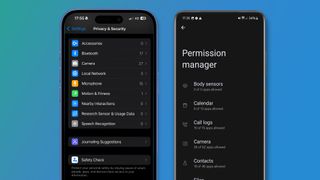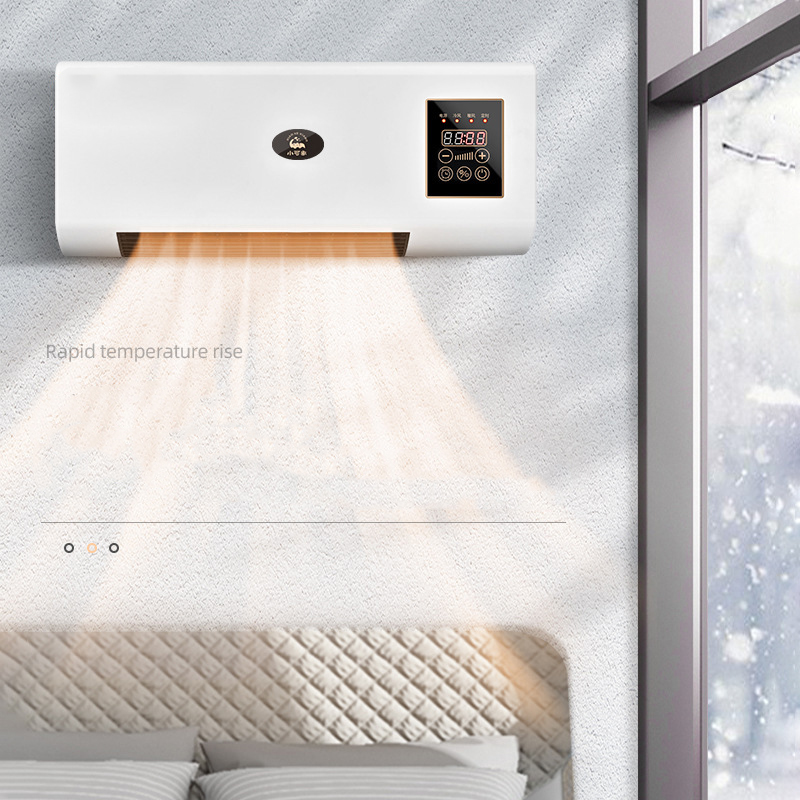Your air fryer may very well be spying on you, new report warns – and smart TVs are even hungrier for our data
- Some air fryers are harvesting your personal data, in keeping with new report
- Good TVs and smartwatches are moreover considerably thirsty for our data
- Producers say there are official causes for the requests
The simplest air fryers may very well be genuinely life-changing gadgets of apparatus, nonetheless some conceal a snooping darkish side that might see them invade your privateness in quite a lot of alarming strategies, in keeping with a model new report.
The UK-based shopper physique Which? has launched a report based totally on its privateness findings all through quite a lot of merchandise, along with air fryers, smartwatches, smart TVs and smart audio system. And it makes for worrying finding out must you’re concerned regarding the creeping tentacles of tech companies.
Whereas privateness and security concerns spherical smart TVs are nothing new, the urge for meals of some air fryers for our personal data is additional of a shock. Which? found that the three fryers it examined all wished to “file audio on the individual’s cellphone, for no specified function”.
The Aigostar and Xiaomi fryers it examined “every despatched people’s personal data to servers in China”, it talked about. That movement was highlighted in a privateness uncover, nonetheless that’s seemingly one factor that many will miss.
Additional significantly, Which? talked about the companion Xiaomi app for its air fryer hooked it as a lot as “trackers from Fb, Pangle (the advert neighborhood of TikTok for Enterprise), and Chinese language language tech massive Tencent (counting on the position of the individual).” That was alongside determining its proprietor’s precise location.
For some function, the Aigostar air fryer wished to know its proprietor’s “gender and date of supply”, although this was a minimal of non-compulsory. Nonetheless, the file of privateness infractions was prolonged and relating to, even with the likes of the UK’s ICO (Information Commissioner’s Office) due in 2025 to request greater transparency from companies about their use of data
Good TVs are watching

We’ve got been reporting on the potential privateness violations of smart TVs for almost ten years, and the issue is just not getting any greater in keeping with this Which? report.
One in all many worst offenders in its testing was Samsung, which requested eight “harmful” cellphone permissions, with harmful being outlined as having invasive entry to your cellphone for actions like recording audio or seeing your exact location.
This put Samsung second solely to the Huawei Remaining smartwatch for privateness black marks, with the watch requesting 9 of those “harmful” permissions. In its safety, Huawei talked about that no data was used for promoting and advertising features and that there was a official function for all of the requests.
Samsung undoubtedly wasn’t alone on the smart TVs entrance, with totally different models from Hisense and LG moreover asking for a postcode all through setup – although throughout the latter case, it wasn’t compulsory.
The issue moreover is just not merely restricted to merchandise asking for our personal data up-front – Which? found that smart audio system identical to the Bose Residence Moveable speaker are “stuffed with trackers, along with Fb, Google, and digital promoting and advertising company Urbanairship”.
The appropriate technique to improve your privateness

The difficulty with a lot of the privateness invasions highlighted by Which? is that fairly a bit are each a obligatory part of the setup course of or, identical to the marketing trackers, largely hidden from view. Nonetheless there are a couple of strategies to protect your privateness.
For starters, you probably can restrict the data or capabilities given to companion apps in your iOS or Android cellphone. On iOS, go to Settings > Privateness & Security, then scroll all the best way all the way down to the permission you want to take a look at (as an example, microphone or digicam). On Android, you’ll be able to do the an identical think about Settings > Security and privateness > Permission supervisor.
In every other case, the simplest issue to do is take a look at the data requests all through app setup and select out of any non-compulsory ones you aren’t comfortable with. As a result of the Which? report notes, we moreover need finer controls over the data we share with smart tech companies, nonetheless until that happens it’s worth being acutely aware that even your air fryer could be prying into your personal data higher than chances are you’ll suppose.






